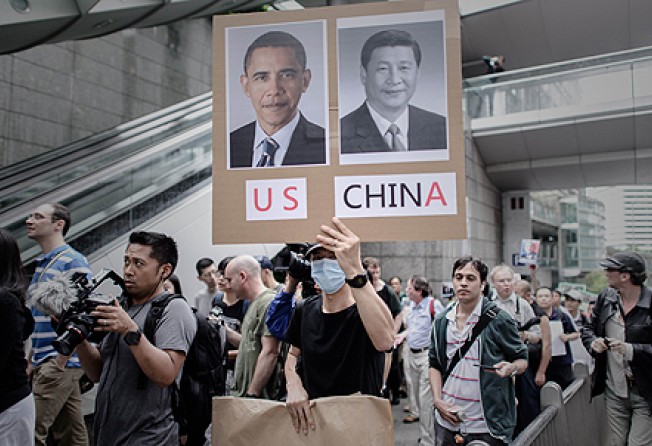Snowden extradition would 'tarnish Hong Kong's image', says China state media

A state-backed Chinese newspaper on Monday said extraditing former spy Edward Snowden to the United States would be a “betrayal” of his trust and a “face-losing outcome” for Beijing.
The comments are among the strongest to be put forward by domestic media against extraditing Snowden, a former National Security Agency subcontractor who is hiding in Hong Kong.
The US has launched a criminal investigation into Snowden after he exposed a massive internet surveillance operation – including claims of hacking directed at China – amid tensions between Washington and Beijing over online espionage.
Beijing has been tightlipped on Snowden, with the foreign ministry saying last week it had “no information to offer”. But Chinese media have previously said Beijing should be governed by public opinion in refusing to send him back.
Monday’s Global Times editorial went into detail about the “face-losing outcome” for China if he was returned.
“Unlike a common criminal, Snowden did not hurt anybody. His ‘crime’ was that he blew the whistle on the US government’s violation of civil rights,” it said.
“Extraditing Snowden back to the US would not only be a betrayal of Snowden’s trust, but a disappointment for expectations around the world.
“The image of Hong Kong would be forever tarnished.”
The editorial also said that “Snowden believes in the democracy and freedom of Hong Kong”, adding: “China’s growing power is attracting people to seek asylum in China”.
China’s official army newspaper on Sunday branded the surveillance programme exposed by Snowden as “frightening”.
The former spy has vowed to fight any attempt by the US to extradite him from Hong Kong, which retained a separate legal system when it returned to Chinese rule in 1997.